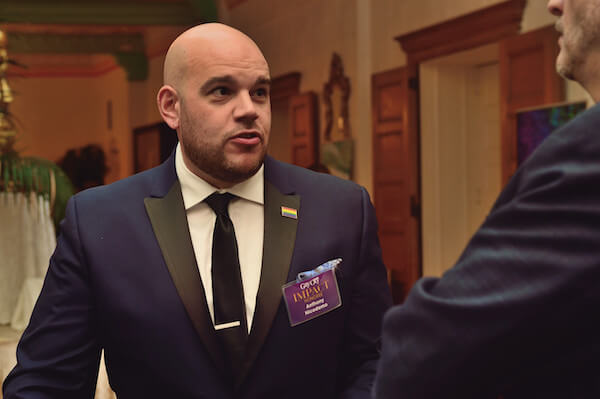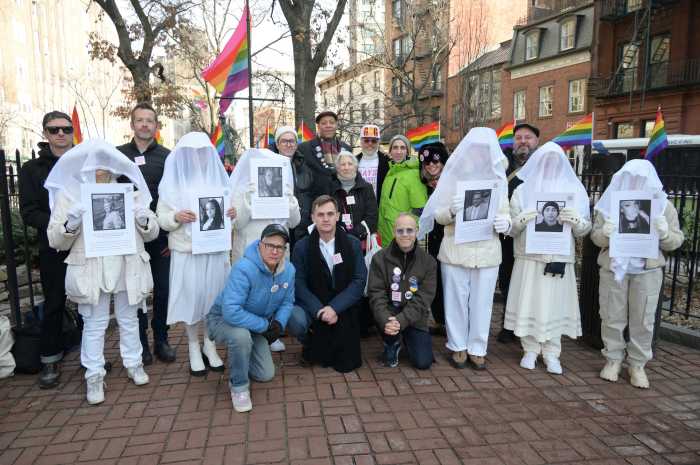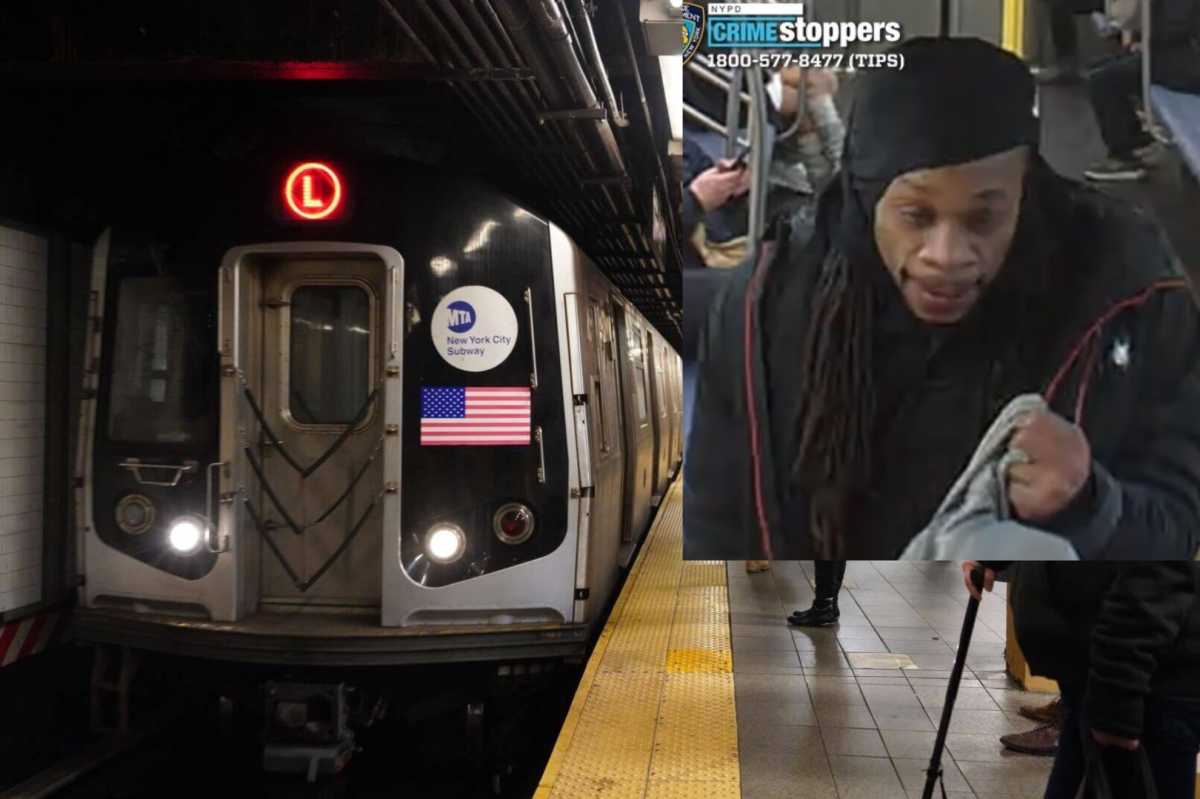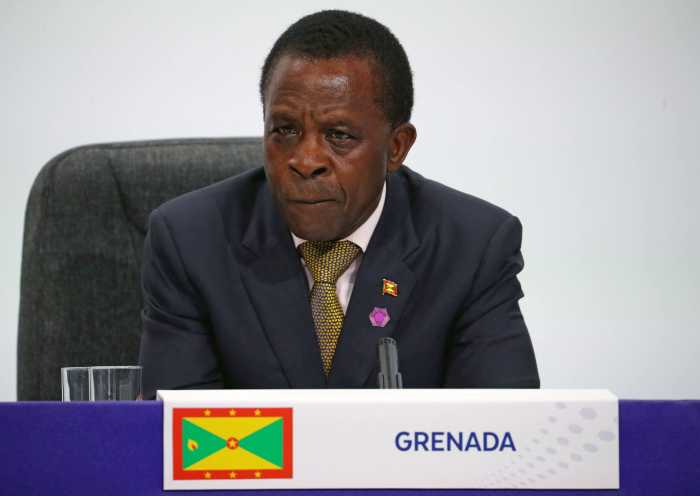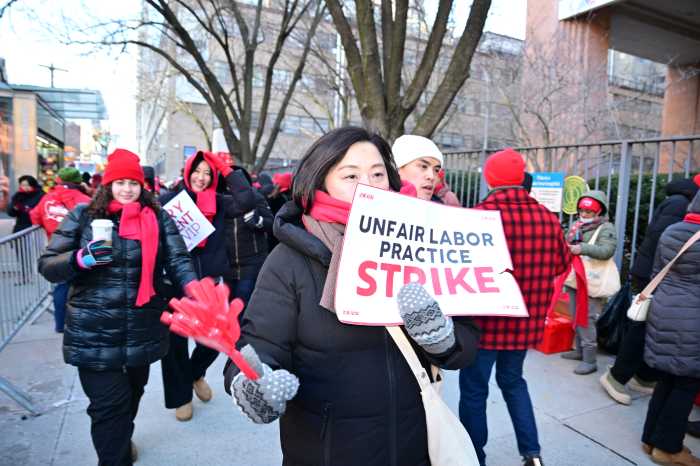In a remarkable year for gay and lesbian rights, this was the most astonishing week of all.
In a vindication of the belief that the lives and relationships of gay men and lesbians are protected by bedrock principles of liberty and equality under the law, the Massachusetts Supreme Judicial Court ruled that the world’s oldest written constitution requires marriage rights for same-sex couples.
The Gay and Lesbian Advocates and Defenders—and their allies in the legal struggle for civil rights at Lambda Legal Defense and Education Fund, the American Civil Liberties Union, and Freedom to Marry—deserve our community’s heartfelt thanks. So too do the many grassroots advocates, toiling across the nation, in groups such as Marriage Equality.
The next step is to identify the best targets for carrying forward the progress from Massachusetts. Lambda Legal already is talking about how that victory can be leveraged in its ongoing lawsuit on behalf of six lesbian and gay couples in New Jersey. Another victory from a respected judiciary would dramatically increase the impetus for change.
Here in New York, all of our advocacy groups, and most prominently the Empire State Pride Agenda, must step up the public education and political pressure needed to move marriage to a front-burner position in Albany, where most decidedly it is not situated right now.
In increasing numbers, gay and lesbian New York couples are married, under Canadian law, and within six months under the laws of Massachusetts, a sister state. ESPA must work with the legal advocacy community to determine whether a viable challenge under state law can be waged to obtain New York’s recognition of an out of state or a Canadian same-sex marriage.
On the national stage, Pres. George W. Bush and his potential Democratic opponents in 2004 all seem eager to discount the impact of Massachusetts. The president strikingly condemned the ruling, but still has not signed onto a federal marriage amendment. Each of the leading Democrats reiterated his nuanced hedge—against an amendment, for civil unions, against gay marriage. Only Howard Dean, the former Vermont governor who signed the nation’s only civil unions law, has ventured further than that, suggesting he would overturn the Defense of Marriage Act and give federal recognition to marriages sanctioned in states and foreign countries.
Bush and the Democrats will both be challenged over the next year—the president from right wingers stinging mad after an unprecedented string of gay wins, the Democrats from loyal gay and lesbian voters. Should the debate get ugly—either in Massachusetts or in Congress—Bush risks looking mean-spirited and the Democrats might run afoul of voters suspicious that they are being disingenuously coy. As a native son, Massachusetts Sen. John Kerry is likely to feel the heat first, but none of those hoping to be president, including the incumbent, has uttered their last words on this subject, whatever they might wish.
Politically minded gay and lesbian voters also face a challenge—how to advance marriage in the next 12 months, while keeping a broader perspective on the critical choices regarding the succeeding four years. There are huge opportunities out there, but no easy choices.


